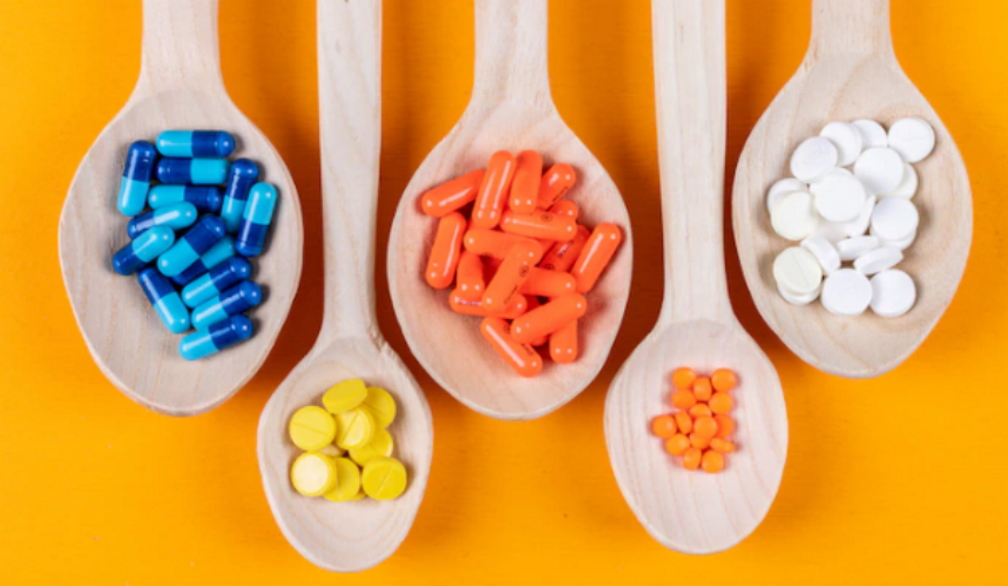The Importance of Taking NMN Supplements for Your Health
- Written by NewsServices.com

NMN supplements are a new and exciting way to improve your health and well-being. NMN is a naturally occurring substance found in many foods, but it is also available in supplement form. Taking NMN supplements is a great way to increase your intake of this important nutrient. NMN supplements are safe and effective, and they can provide many health benefits.
NMN supplements are a type of supplement that can help improve your overall health. They are made from a variety of natural ingredients, including vitamins, minerals, and amino acids. NMN supplements are designed to help your body function more effectively and efficiently. Other people ask, how much nmn supplements can I take? To avoid confusion, speak with a healthcare professional to determine the best dosage for your individual needs.
NMN Is a Newly Discovered Supplement That Has Many Health Benefits
NMN is a newly discovered supplement that has many health benefits. It is a powerful antioxidant that can help protect the body from damage caused by free radicals. NMN can also help to improve blood sugar levels and increase energy levels. Additionally, NMN has been shown to help improve cognitive function and protect the brain from age-related damage.
NMN Has Been Shown to Improve Metabolism and Help the Body to Repair Itself
NMN has been shown to improve metabolism and help the body to repair itself. This is a promising area of research with the potential to help many people. NMN is a nucleotide that occurs naturally in the body and is involved in energy production. It is also a precursor to NAD+, which is essential for cell function. Supplementing with NMN has been shown to increase NAD+ levels and improve metabolism. Additionally, NMN has been shown to help the body repair itself, including the repair of DNA damage. This is a promising area of research with the potential to help many people.
NMN Has Been Shown to Help with Weight Loss and To Improve Overall Health
One area of research that has been of particular interest is the role of NMN in weight loss and overall health. A number of studies have shown that NMN can help with weight loss and improve overall health.
NMN has a number of mechanisms by which it can help with weight loss. NMN can help to boost metabolism and help to burn fat. NMN can also help to reduce appetite and help to regulate blood sugar levels.
Overall, the research on NMN is still in its early stages. However, the available evidence suggests that NMN has the potential to be a powerful tool in the fight against obesity and related health conditions.
NMN Is a Safe Supplement to Take and Has Very Few Sides Effects
NMN has been shown to be safe and well-tolerated in human clinical trials. The most common side effects are mild and include headaches, flushing, and dizziness. NMN is a promising supplement for improving NAD levels and has the potential to improve health and prevent age-related diseases.
NMN Is an Affordable Supplement That Is Readily Available
NMN is a supplement that is readily available and affordable. It is a powerful antioxidant that has a wide range of health benefits. NMN has been shown to improve energy levels, increase lifespan, and protect against age-related diseases.

















